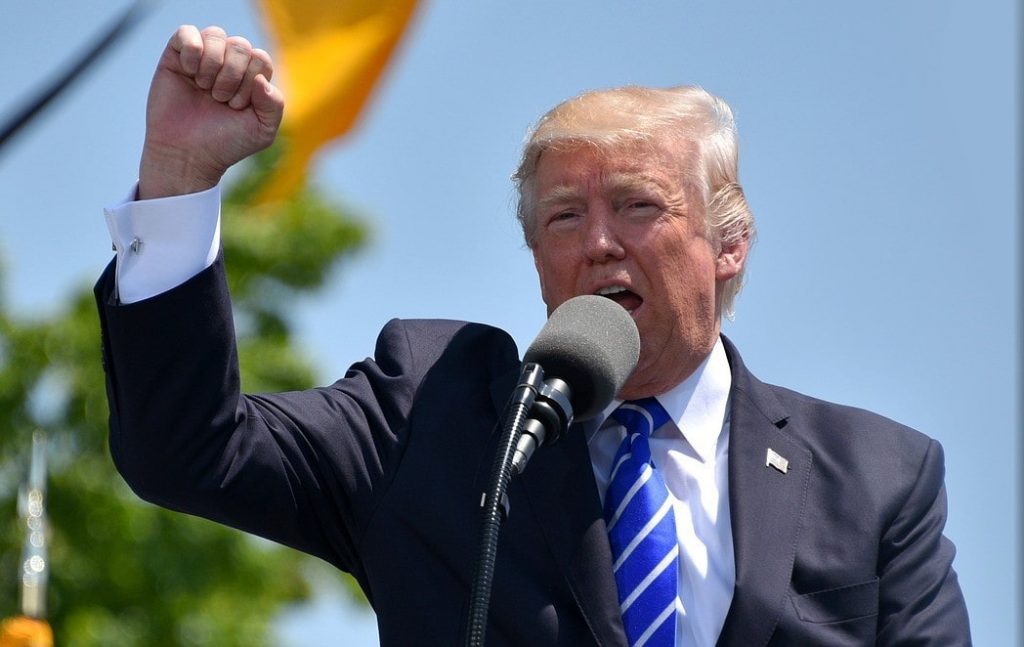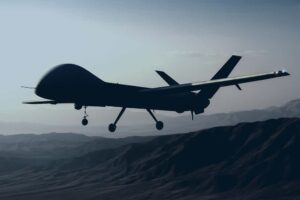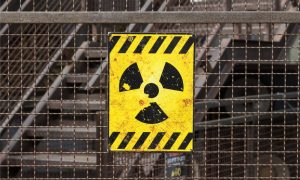Cryptic Hamas and Hezbollah moves coincide with US election timeline; risk assessment for Israel suggests danger of two-front battle as Gaza and Lebanon terror chiefs coordinate in Beirut; Iran could hurt Trump reelection campaign at critical junction by triggering regional conflict.

Iran’s regional allies could play a key role in a plot to sabotage President Donald Trump’s reelection campaign. An eruption of fighting in Israel, Gaza and Lebanon would overshadow Trump’s Middle East peace drive and reinforce claims that he is a threat to global stability.
Red flags in Gaza and Lebanon:
In Gaza, Hamas just agreed to a limited truce with Israel despite failing to secure major concessions. The financial crisis and Corona outbreak in the Strip no doubt played a role in the decision. However, the group’s sudden willingness to drop most of its demands suggests that more dramatic considerations are at play.
Curiously, Hamas declared that it will turn to violence in two months if Israel fails to deliver some gestures. This time frame coincides with the final stretch of the US election campaign. The IDF also warned that the ceasefire is fragile. Senior officers estimated that a clash with Hamas could erupt in 1-2 months.
Meanwhile, Hezbollah keeps delaying its promised revenge attack against Israel in the northern sector. Group chief Hassan Nasrallah has stated that he is in no rush and will launch a strike when he sees fit.
Hezbollah did try to target Israeli soldiers twice in recent weeks, but both attempts failed. In fact, senior officers noted that the Lebanese group displayed surprisingly low standards of performance.
The feeble attempts raise suspicions that they were bogus, meant to lull the IDF into a sense of complacency before staging a serious strike. Notably, the delay in Hezbollah’s retaliation is pushing it closer to the final weeks of the US election campaign.
Terror summit in Beirut:
In Lebanon, Hamas leader Ismail Haniyeh and other terror chiefs just visited Beirut for the first time in nearly 20 years. The Hamas delegation first met with Islamic Jihad leaders to coordinate their moves in Gaza. Arab and Iranian sources said that Hezbollah was involved in these contacts behind the scenes.
Next, Haniyeh met Hezbollah leader Nasrallah to advance a cooperation mechanism. With their senior lieutenants in attendance, the groups vowed to resist President Trump’s peace drive and set up a joint “opposition axis.”
Intelligence officials now fear that the Hezbollah-Hamas summit enabled the groups to closely coordinate an action plan for the coming weeks. At this time, the risk assessment for Israel suggests a growing danger of military clashes on two fronts.
Mideast mayhem before election:
Israel has made it clear that a Hezbollah attack that harms soldiers or civilians will provoke forceful retaliation. The IDF already finalized its operational plans to bomb targets deep in Lebanon and hit key Hezbollah infrastructure.
This assures Hezbollah that it can trigger a serious flareup by launching a deadly strike. Recently, IDF officers said that they are prepared for several days of aggressive fighting. In Gaza, too, Hamas and Islamic Jihad can start a military conflict by launching rocket barrages at Israel or staging attacks on troops.
Moreover, Iran can heighten the sense of crisis with provocative nuclear moves or proxy attacks on US and allied forces.
Trump vs Iran axis:
The Trump presidency worsened the strategic situation of Iran, Hezbollah and Hamas considerably. The US president took a tough line on the Iranian-led axis while embracing Israel and Saudi Arabia, Tehran’s worst enemies.
At this time, Iran faces an ongoing financial crisis and US sanctions. Trump continues to play hardball on the nuclear question, and earlier this year ordered the killing of Iranian defense chief Qasem Soleimani.
In Lebanon, Hezbollah faces growing criticism as the country plunges deeper into political and economic chaos. Moreover, Iran has cut down its funding for the group. In addition, the devastating Beirut explosion further highlighted Hezbollah’s problematic presence and role.
In Gaza, Hamas is struggling to stay afloat. Overall, the Palestinians took a major hit by alienating Trump and losing significant Arab support. By now, Hamas is increasingly isolated and the Palestinian cause increasingly marginalized.
Most recently, President Trump brokered a peace deal between Israel and the United Arab Emirates. The normalization of ties is a blow for Iran and the Palestinians and a success story for the president.
Iran’s risk assessment:
For all of the above reasons, the Iran axis sees a supreme interest in hurting the Trump reelection campaign. Moreover, Iran and its allies may conclude that taking aggressive action at this time carries reduced risks.
Tehran has so far limited its military moves for fear of harsh US retaliation, in the hopes that Trump is certain to lose the election. However, Iran will be more motivated to act if the race is close. Tehran may also feel that the president is less likely to escalate any violence before the election.
Hamas and Hezbollah also believe that clashes with Israel pose a limited risk and will not lead to all-out war. They estimate that Israel, which faces its own economic and political problems amid the Corona crisis, will aim to end the fighting quickly.
Of course, these calculations and risk assessments could prove dead wrong. Still, the Iran axis may be willing to gamble given the potential rewards. For this reason, Israeli and US intelligence officials will be on high alert in the next seven weeks.


